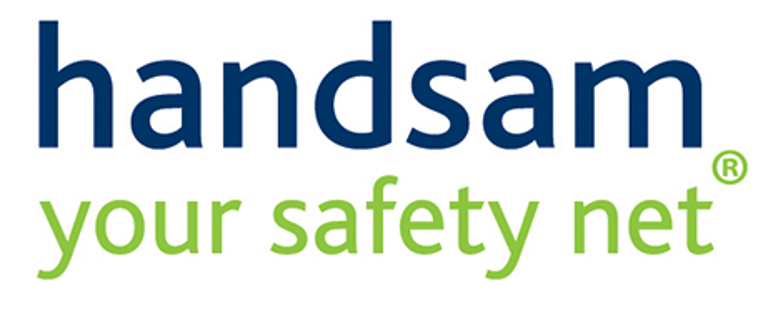
Ban on Silencing Workplace Sexual Harassment Victims Hailed as 'Huge Milestone'


A major shift in UK employment law is on the horizon as a new amendment seeks to outlaw the use of Non-Disclosure Agreements (NDAs) to silence victims of workplace sexual harassment. The move has been widely praised by campaigners, trade unions, and women's rights advocates as a long-overdue step toward justice and accountability.
Amendment
The amendment, part of the Employment Rights Bill expected to become law later this year, will render confidentiality clauses invalid if they attempt to prevent employees from speaking out about sexual harassment. This legislative change is seen as a breakthrough in tackling the culture of silence that has long protected perpetrators and disempowered victims.
Workplace Harassment Widespread, Survey Reveals
The proposed change comes against a stark backdrop of continuing workplace abuse. According to new research by Unite the Union, one in four women in union-represented sectors report being sexually assaulted at work.
The survey, which received responses from 6,615 female Unite members, forms part of the union’s Zero Tolerance to Sexual Harassment campaign. Women working in industries such as construction, passenger transport, food and drink, warehousing, and logistics reported the highest levels of harassment.
Among those who had experienced harassment:
56% had been subjected to sexually offensive jokes;
43% had been inappropriately touched; and
28% had been shown or sent pornographic material by a manager, colleague, or third party.
Fear of retaliation or disbelief was a major barrier to reporting incidents. Many respondents said they chose not to report harassment due to concerns it would not be taken seriously or that it could jeopardize their employment.
Unite: “Employers Are Failing Women”
Unite general secretary Sharon Graham condemned the findings as “damning.”
“Staff safety should be among the highest priorities for employers, but the results of our survey show women workers are being failed by bosses,” she said. “Nobody should suffer sexual harassment in the workplace. Unite is committed to taking a zero-tolerance approach and we will put every employer turning a blind eye on notice.”
Although the Worker Protection Act 2023 made it a legal requirement for employers to take proactive steps to prevent harassment, Unite argues that enforcement remains weak. Just 26% of survey respondents believed their employer had done enough to promote a zero-tolerance culture, while 34% said their workplace lacked such a stance altogether.
Calls for Stronger Enforcement and Legal Protections
Unite is now pushing for stronger enforcement measures, including:
Mandatory sexual harassment training for all employees;
Additional legal protections for workers facing third-party harassment; and
Recognition of sexual harassment by the Health and Safety Executive (HSE) as a workplace injury.
“Employers are not taking their obligations seriously despite the fact it is the law,” said Unite national women’s officer Alison Spencer-Scragg.
Campaigners and unions alike view the NDA ban as a critical step forward—but stress that it must be accompanied by meaningful cultural and institutional change if it’s to have real impact in protecting workers and holding employers to account.
Zelda Perkins: “A Huge Milestone”
In an interview with the British Safety Council, Zelda Perkins, a former assistant to Harvey Weinstein and co-founder of the campaign group Can’t Buy My Silence, welcomed the amendment.
“This is a huge milestone. For years, we’ve heard empty promises from governments while victims have continued to be silenced,” she said. “To see this government accept the need for nationwide legal change shows that they have listened and understood the abuse of power taking place.”
Perkins has been a prominent voice in the global movement to end the misuse of NDAs to conceal misconduct, following her own experience of being legally gagged after reporting Weinstein’s abuse.
HANDSAM RESOURCES
EO12 Sexual Orientation: The Law and Guidance
Handsam can also offer an E-Training Course: Worker Protection (Amendment of Equality Act 2010)- email info@handsam.co.uk for further details or pricing.
Office 27, East Moons Moat Business Centre
Oxleasow Rd, Redditch B98 0RE
Phone: 0333 207 0737


